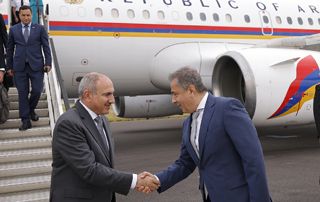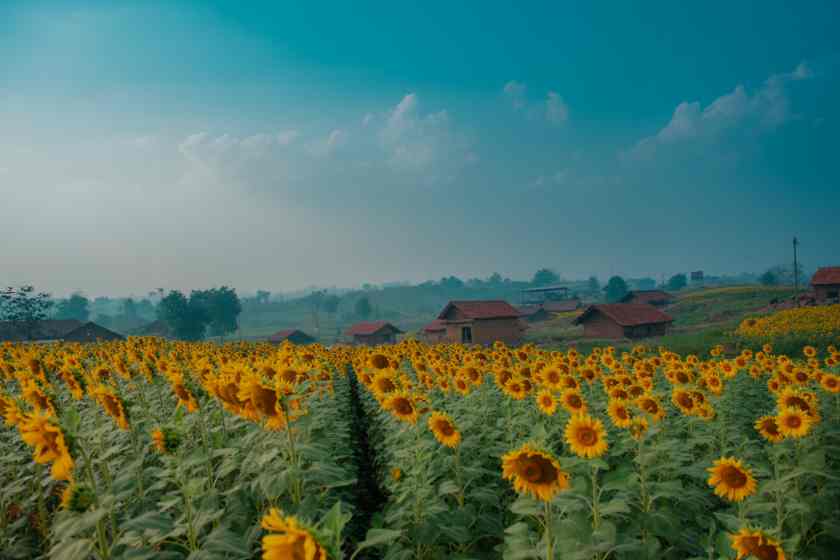Special Olympics athletes visit Brussels

Brussels – At the European Commission, there is a game of bowls and a table tennis tournament. In the centre of the building, a recreational oasis catches the eye of the busy workers. Bringing a festive atmosphere to the Berlaymont building are the athletes of the Special Olympics, an international sports organisation for athletes with intellectual disabilities. The sportsmen and women, numbering around 40 from 25 European delegations, promoted a message of inclusiveness in front of European politicians.
Special Olympics was founded in 1968 in the United States and is now present in countries worldwide. In Italy, it is affiliated with thousands of territorial sports associations. Athletes participate in non-competitive competitions, using sports as an opportunity to come together. “I don’t feel the pressure when I have to do a race, I know that afterwards we will all have a party together,” says Alessandro Brivio, 26, an athlete with intellectual disabilities from the province of Lecco. The gatherings take on huge dimensions when, once a year, there are the Italian Games, even more every four years with the World and European Games.
To better understand the association’s message, one needs only dwell on its motto: “Let me win. But if I cannot win, let me be courageous in trying.” The three Italian sportspeople present in Brussels share the same mentality.
“Having a disability obliges us to make an effort every day,” says Lorenzo Mancino, 22, a basketball talent and doctor of history. “Every day should be rewarded,” Mancino emphasises, “people should understand our effort and include us. I graduated, and it took a lot of effort; it is unfair that sometimes the school does not recognise that.” Special Olympics has the opposite function: to organise sports activities so that no one feels left behind, gratifying the effort that exists but is sometimes not seen.
It is also a matter of determination for Alessandro Brivio, who managed to become the first lifeguard assistant in Italy with an intellectual disability: “I remember going to school and, in gym class, my classmates were always tired. Me, no: I worked harder than they did.”
Journeying to the palaces of European institutions during Sports Week, the leaders of Special Olympics are seeking support from Brussels to continue their work. This is why the request from the 32-year-old athlete Federico Correzzola, an accomplished swimmer, is “if possible” to increase “funding for the various associations scattered throughout Italy, with a greater commitment to social work.”

The organisation allowed him to play sport without prejudice, but not everyone in Italy had such easy access. He bluntly says that sport “changed my life. I was an introvert until I was 18 years old. Then I discovered Special Olympics and participated in the world championships in Greece and Los Angeles.”
Correzzola went from being an introvert to being a talkative messenger. In Turin, on the occasion of the Winter World Games, he was entrusted with the role of global spokesman for Italy. A revolution that also came about thanks to the leadership course he is currently taking with the sports association.
Correzzola sits between the parliamentary benches, gazing admiringly at the Maltese athlete Gilmour Borg. He, too, like Correzzola, is a spokesman for his nation, Malta, and in perfect English moderates the two Vice-Presidents of Parliament, Victor Negrescu and Eva Kopacz.
English version by the Translation Service of Withub
link






